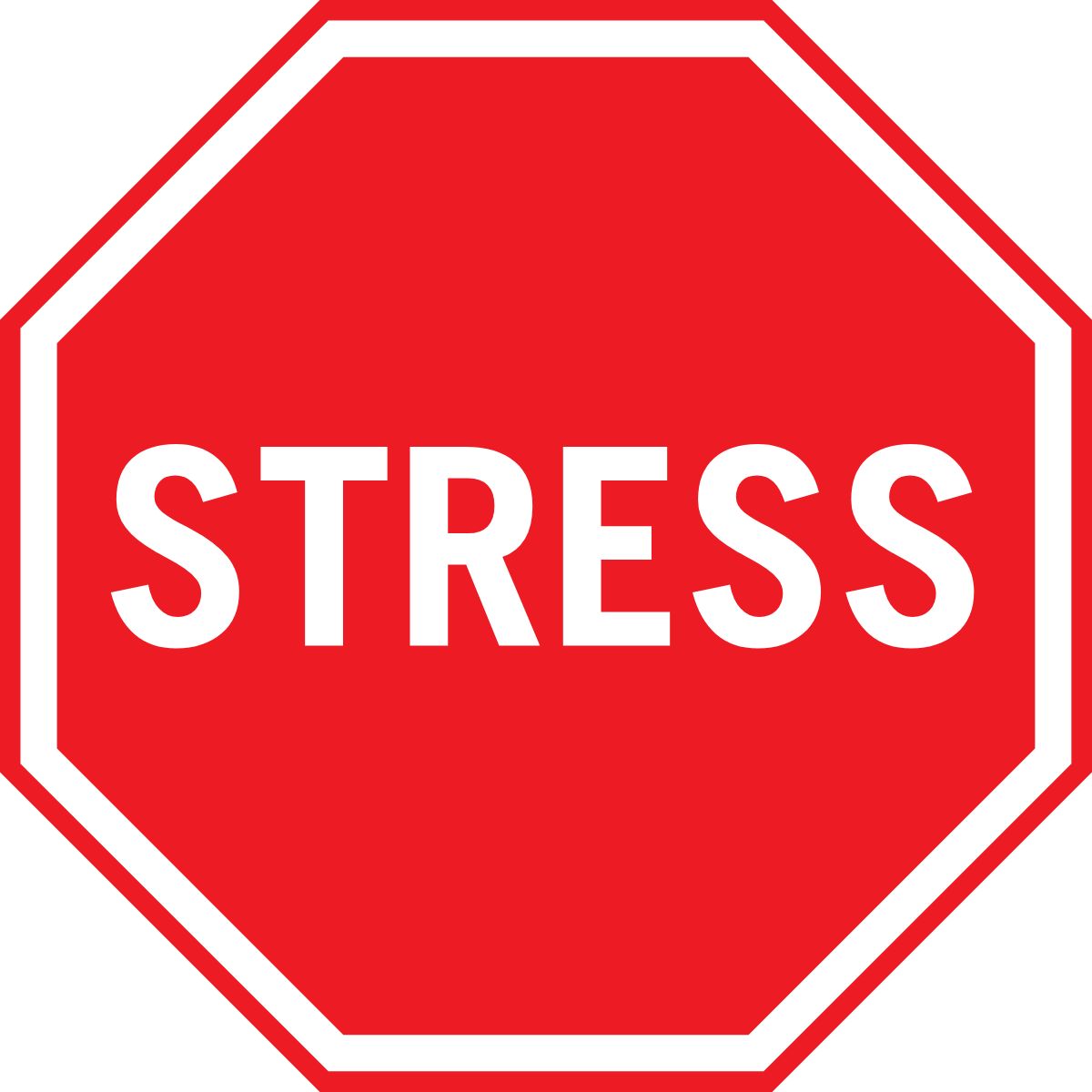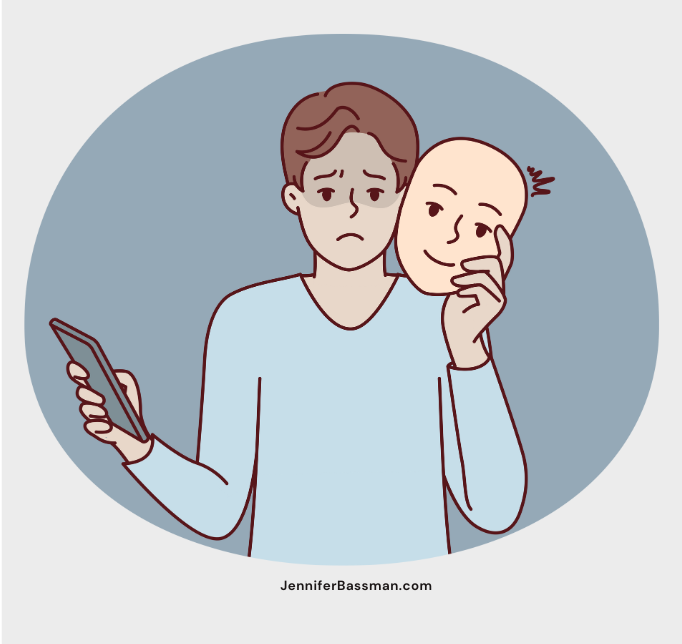How many times has someone told you that you seem stressed out, agitated, or exhausted?
That maybe you should get together some other time because it seems like “you have a lot on your mind”?
Or, you’ve left an event because every person in the room seems to piss you off?
Perhaps, you’ve been unable to focus because your mind is spinning out of control because you have been over-stimulated?
These are all signs that you need to deal with your stress because it is affecting you – as well as those around you.
I’ll be the first to raise my hand and admit that I had bad habit of not stopping to manage my stress when it reached exceptionally high levels.
Because stress affects our thinking, I didn’t think I needed to stop or should stop what I was doing to offer my brain a reprieve.
Now, I know I was wrong. Very wrong.
This was my body waving red flags to get my attention.
Why We Ignore or Don’t Deal With Your Stress
Sometimes ignoring your stress is fine. It’s not necessary to address it because it is actually motivating you to do something.
More often than not, you ignore and don’t deal with your stress because:
- Don’t think you have the time to deal with it.
- It’s just a part of life.
- You’ll be “fine” later.
- You don’t know how.
Guess what, my friend? That’s your stress talking and sign it is affecting your thinking.
What most people don’t realize (or even know) is how much stress impacts your thinking and other cognitive functions.
Stress at any level influences your brain function!!! (Imagine me screaming this in your ear right now because it’s that important to understand.)
Stress at any level influences your brain function because it is a hormonal response. And, hormones change your body’s functions and reactions. That’s their job. Their job is to keep all other distractions out of the way.
It considers anything that doesn’t have to do with your stress a distraction. That’s why you can’t pay attention to anything else, think through a decision, recall a word or a memory.
Your Brain is High on Stress
As your stress builds, your brain fills up with stress hormones and eventually drowns your brain. This leaves less room for the oxygen your brain desperately needs to function properly.
Interrupting your stress response stops your stress hormones from reproducing and allow the oxygen to return.
Visualize this: Your brain is sitting in a bathtub. You have put the plug in so that you can fill the tub with water. As the water runs, eventually your brain becomes submerged.
What do you do when the bathtub gets too full? You unplug the drain to get lower the water level.
Your brain needs the same treatment inside your skull.
Here’s a Fun Challenge
Here’s a fun challenge: Next time you are working on a project or writing an email while you are totally stressed out, go back and reassess the work you did when you aren’t stressed out.
You will see ideas and words that you would never use when stress isn’t dictating your thoughts.
Have you ever read something at a later date or recalled an action, and thought to yourself, “What was I thinking?”
You weren’t. Your stress was in control in that moment. Your stress was determining what you were saying, feeling, and doing.
Friend, It’s Time to Get ‘It’ Together and Deal with Your Stress
You don’t believe it in stressful moments, but people can see, hear, and feel your stress.
If someone actually has the balls to verbalize that you “seem stressed,” your stress has seeped through your pores, hair follicles, or nostrils to tell the world that your brain is overwhelmed.
Friend. It’s time to get it together.
It’s their subtle way of telling you that your stress is affecting them and it’s time to deal with your stress.
Stress is contagious and smart people do what they can to avoid it. Even if it means avoiding you.
What Do You Do to Interrupt Your Stress Response?
It’s your lucky day!
Interrupting your stress response isn’t as time-consuming and disruptive as you may think.
The little-known secret about stress hormones is that they run scared when they are threatened by oxygen and the more powerful happy hormones and chemicals like dopamine.
This is why people “harp” about breathing exercises.
But, we respond by saying “they don’t work” because our stress didn’t completely disappear or we don’t feel better long-term.
The breathing is about interrupting your stress response. The breathing is about starting to clear away stress so that oxygen can return to your brain.
The breathing exercises are meant to open the door to lowering your stress.
No matter your stress level, it is always going to take a combination of things to completely lower your stress.
Breathing coupled with stretching. A cool drink of water coupled with closing your eyes and thinking a calming thought. Laying down in a quiet spot and taking a nap.
Here is a list of 20 quick, easy, and disruptive ideas to interrupt your stress response:
- Breath (four counts in, four counts out)
- Stretch
- Walk outside for a few minutes
- Listening to your favorite song
- Laugh
- Talking to a friend
- Listen to the sound of water
- A hug
- Drink of cold water
- Chew gum
- Count backwards from 25
- Rub your feet over a golf or tennis ball
- Give yourself a hand massage
- Look out a window
- Drip cold water on your wrists
- Write it down
- Quickly organize a small area of clutter
- Do something tactile like pop bubble wrap or crump paper
- Dance
- Clean something
Remember: You may need to do a combination of two or three of these depending on the height of your stress level.






